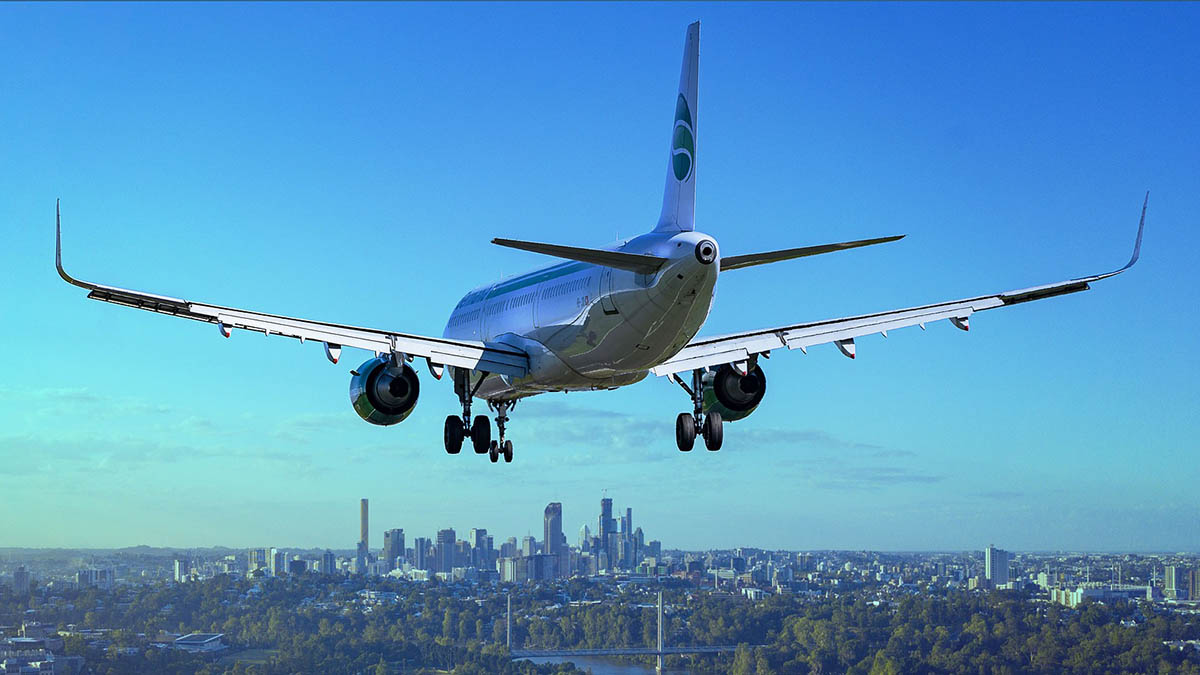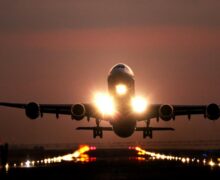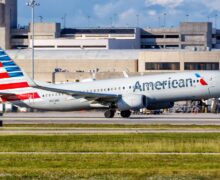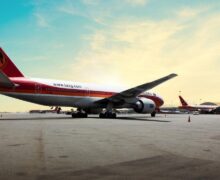Waiting to soar

The COVID-19 epidemic has sent the airline industry into a nosedive and now over 13,000 of American Airlines employees are being forced to take retire or voluntary leave or retire in April and May. American Airlines is offering voluntary leave to 4,800 pilots, while another 715 will be given early retirement with partial pay and full benefits.
The figures include 1,500 pilots who were granted voluntary leave for April and were announced to employees last week.
The Association of Professional Flight Attendants said about 7,960 members signed up for voluntary leave or early retirement out of 25,300 total. About 7,200 flight attendants signed up for three-, six- or 12-month leaves and about 760 will take early retirement. Both leave and retirement would start in May.
Pilots ages 62 to 65 were eligible for the early retirement package. Federal Aviation Administration rules mandate that pilots are not allowed to work for commercial airlines past age 65. American had 13,800 pilots as of January.
At the same time US airlines are peeved at the $25 billion financial aid offered by the treasury department, claiming they are victims of a classic bait and switch scheme. While the money expected is on the table, large airlines will have repay 30% of any grant within the next five years. They claim that was not part of any expected deal.
“We believe the law indicated that the Direct Payroll Assistance funding was to be only in grants — which is considerably more effective for our employees — and not a combination of grants and loans,” said trade group Airlines for America.
The administration says airlines were informed any hand-out could have strings attached.
“The bipartisan law specifically states that the Secretary may receive warrants, options, debt securities, or other financial instruments to provide compensation for American taxpayers,” said Brent McIntosh, undersecretary of Treasury’s international affairs unit.
Small regional carriers are exempt from paying back loans.
Under the terms, airlines that accept grants may not lay off workers until at least September 30.
Meanwhile, Canada is going cargo all the way. Air Canada is reconfiguring the cabins of three of its Boeing 777-300ER aircraft to give them additional cargo capacity. The first aircraft conversion is complete and is now in service, with the second and third aircraft to be completed shortly.
“Bringing critical medical and other vital supplies rapidly to Canada and helping distribute them across the country is imperative to combating the COVID-19 crisis. The transformation of the Boeing 777-300ERs, our largest international wide-body aircraft, doubles the capacity of each flight and will enable more goods to move more quickly,” said Tim Strauss, Vice President –Cargo at Air Canada.
In Britain different ambiguity arises. A number of airlines and travel companies have rescheduled their holiday programs after the Foreign and Commonwealth Office, commonly called the Foreign Office, or British Foreign Office, advised last week against all non-essential travel “indefinitely.” However the definitione of non-essential travel is unclear. The representative of the Government of the United Kingdom said: “Sometimes we say that only essential travel is advised. Whether travel is essential or not is your own decision. You may have urgent family or business commitments to attend to. Circumstances differ from person to person. Only you can make an informed decision based on the risks.”
Due to this uncertainty British airlines decided to remain on the ground. For example, Ryanair will be grounding 90% of their flights in the coming weeks as they continue operating on a limited schedule. They are also still operating on their earlier policy which suggests flights will not restart until June.
MMP
photo: Pixabay




